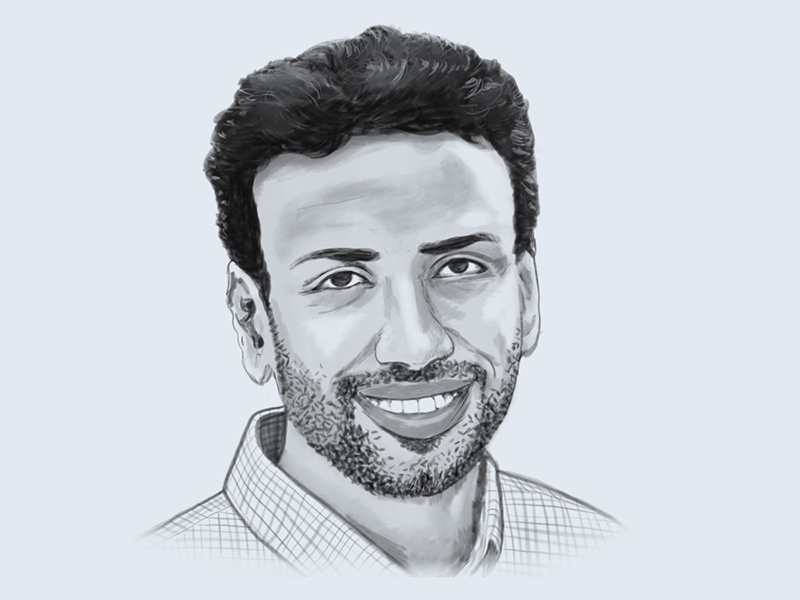
Two out of three people in sub-Saharan Africa lack access to electricity, according to USAID. Abdishakur Ahmed, MA SID’20, is working to help increase this access in ways that are both economically and environmentally sustainable.
As an energy specialist for RTI International, Ahmed leads activities in Somalia, along with the East Africa Energy Program (EAEP), that support power generation and bring electricity to more households and businesses. EAEP, which is funded by USAID, works to optimize power supply and increase access to electricity in nine countries.
Somalia currently generates 80% of its electricity from imported diesel, which is a dirty and expensive source of fuel, Ahmed says. The goal is to transfer to cleaner and more domestic sources of power, such as solar and wind.
Investing in renewable energy is something countries can’t afford to delay, he warns. The Horn of Africa is feeling the effects of climate change, as droughts, extreme heat, and rising sea levels threaten communities throughout the region.
“Environmental sustainability is really important because we can’t afford the cost of fixing environmental damages later,” Ahmed says. “We’re already dealing with the consequences now.”
In order to lessen Somalia’s energy crisis, governments, private sector businesses, and development partners need to work together. That’s where Ahmed comes in.
“They all have goals to achieve, and that informs the sort of work that we do with the stakeholders, and helps me understand and develop a more practical solution than an idea-based solution that may not take off,” he says. “It makes our program more sustainable because it incorporates the realities of all these stakeholders.”
Ahmed says his experience at Heller gave him the skills and expertise to foster those collaborations.
“When I came to Heller, I came from the entrepreneurship side of the power sector, and I didn’t have a lot of experience working with development partners,” he says. “What I found really useful at Heller was the opportunity to combine technical skills with management skills that are essential for development projects.”
As he looks to the future of the energy industry in East Africa, Ahmed is excited by the potential for countries to integrate and collaborate at the regional level and beyond. Wherever his career takes him, Ahmed is prepared to help teams build energy-conscious solutions.
“Heller set me up well for this work,” he says. “It was a great steppingstone.”
